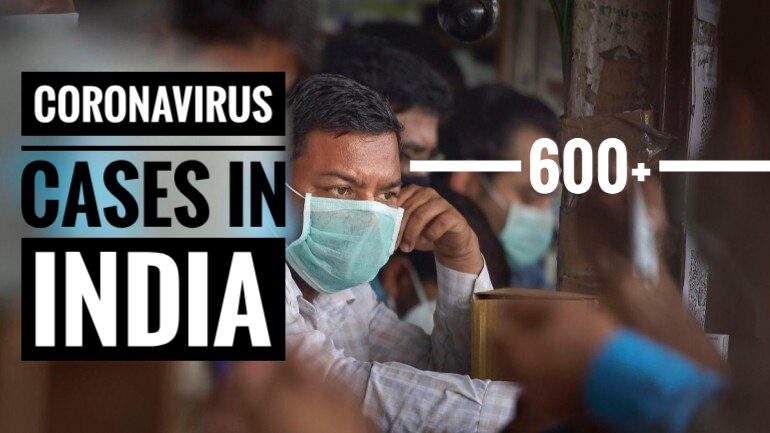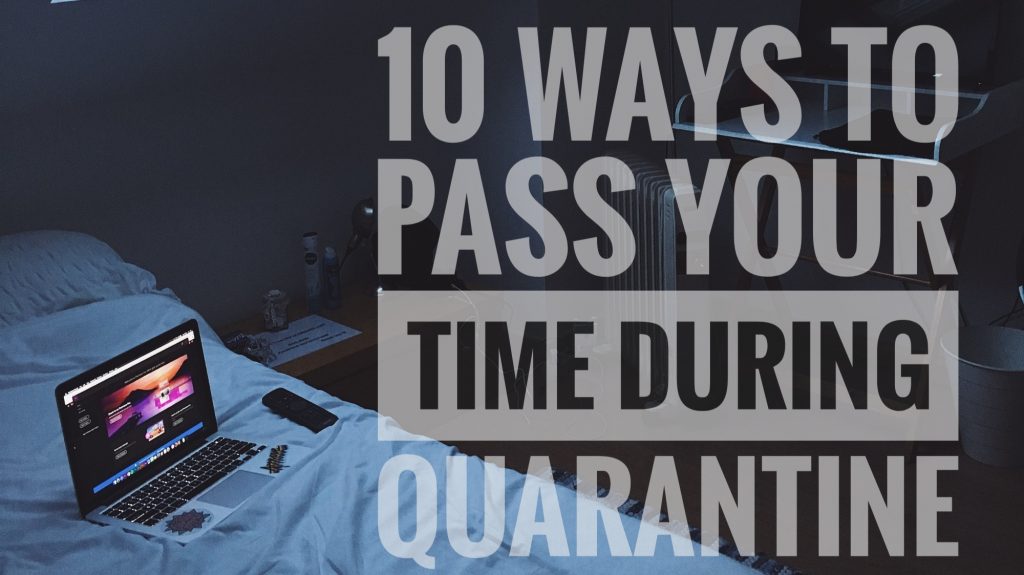It’s been heart pounding time for everyone amidst corona virus outbreak but certainly Union Minister Prakash Javadekar did justice to government employees. The meet was chaired by the Prime Minister, Narendra Modi. The Union government announced a hike of four per cent in dearness allowance (DA), that is, from 17% to 21%.
There have been discussions to the pro and cons. During the heavy financial crisis, pensioners and government employees can be saved from getting famished. This move will benefit lumpsum 50 lakh government employees and 65 lakh pensioners. They estimated it to be 1.13 crore families who can be fully satisfied during the current situation. The decision was laid on ground on 13th March, 2020. It will be effective retrospectively from 1st January, 2020.
Of course, the cons do come to this that the decision has been taken when Indian finance is falling off, but the government surely needs to put the people in front. The level of inflation considered for calculating DA/DR is based on the All India Consumer Price Index for Industrial Workers issued by Labour Bureau in Shimla, Himachal Pradesh.
A Pay Commission is set up by the Government of India that recommends the changes in the salary structure of central government employees. The increase was recommended by the 7th Central Pay Commission. DA is revised twice a year from January 1 and July 1. The cost to the exchequer will be 14,500 crores. The dearness relief would be for a period of 14 months from January 2020 to February 2021.
Last year, the five percent point increase in DA was noted to be the highest ever hike that was effective from July 2019. That’s how it climbed up to be seventeen percent. It impacted around fifty lakh serving personnel and sixty-five lakh pensioners. It was the second time that the government had increased the DA.
Besides this, the Reserve Bank of India has proposed reconstruction of Yes Bank who was into a crisis. The State Bank of India will pick up 49% of the equity, while private investors should be allowed to pool in. SBI will hold at least 26% stake in the private bank for minimum period of three years.

